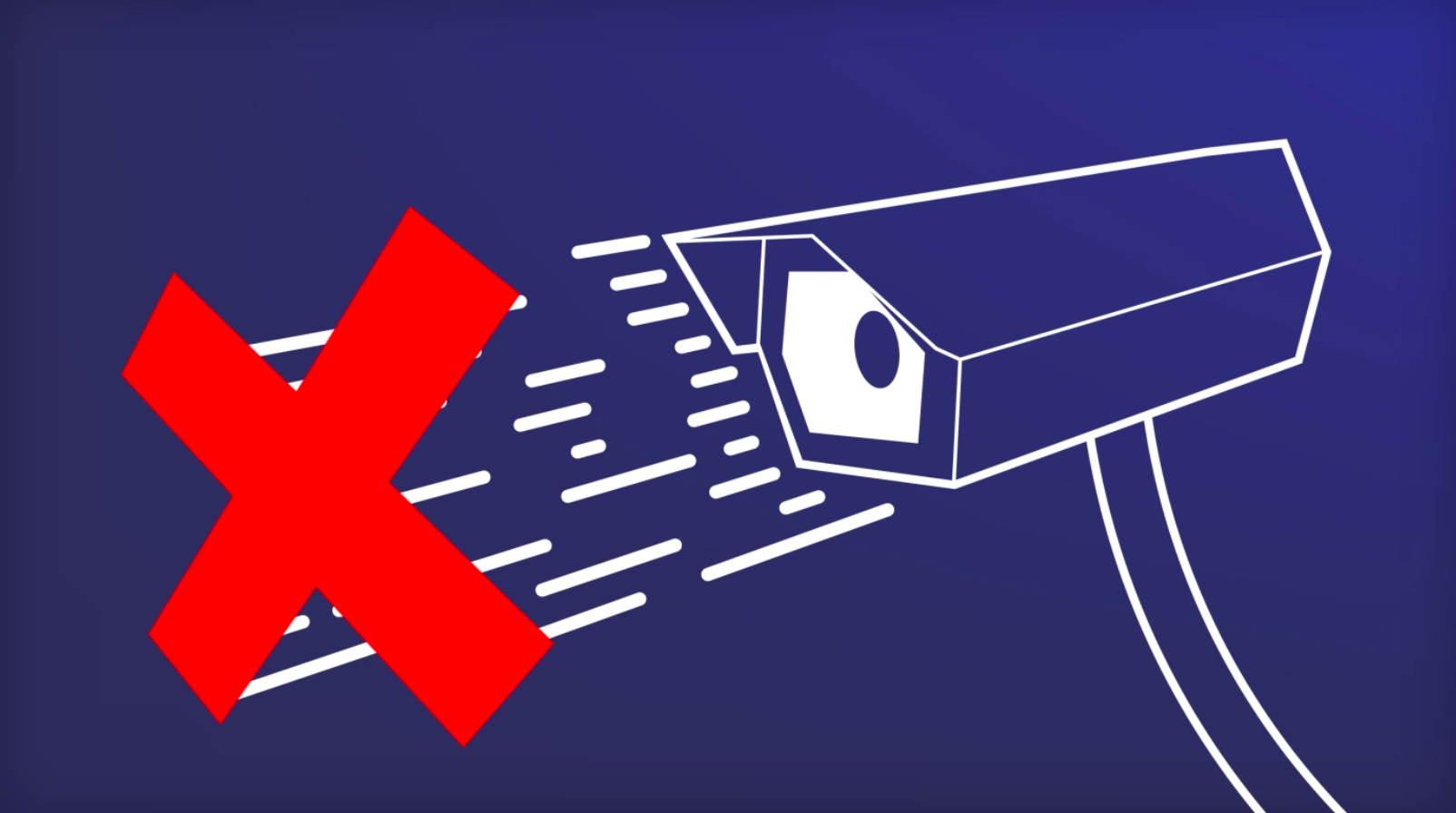
The King County Council Committee of the Whole is considering on ordinance 2021-0091, banning governmental use of facial recognition – including by law enforcement.
Update, June 2: King County Council passed the ordinance unanimously, 9-0! Thanks to all the activists and researchers who have laid the groundwork for this over the years, all the King County residents who got involved, and to the King Council for the courageous vote!
As Councilmember Jeanne Kohl-Welles and Jennifer Lee of ACLU of Washington say in King County government must turn its back on facial recognition technology
The potential dangers inherent in government use of this technology are immense and far outweigh any potential benefit. Facial recognition technology must be banned, not only because it fuels discriminatory surveillance, but also because it jeopardizes everyone’s privacy and civil liberties. With this technology, government agencies can track individuals’ movements and contacts without their knowledge or consent, chilling free speech and free association, undermining press freedom and threatening the free exercise of religion.
Opposition to facial recognition often starts by focusing on the biases and inaccuracies in today's software. It's very easy to see the injustice when Black men like Robert Julian-Borchak Williams, Nijeer Parks, and Michael Oliver are arrested for crimes they didn't commit based on false matches by facial recognition software. But as I said in my public comments at the May 5 Committee of the Whole meeting
[T]he issues with facial recognition go far beyond today’s bias and accuracy problems. As Timnit Gebru of the Gender Shades project points out in A Case for Banning Facial Recognition, even completely accurate facial recognition can still be used in ways that are “detrimental to certain groups of people.” Evan Selinger and Woodrow Herzog suggest accurate facial recognition might be even more dangerous “because those in power will find it irresistible and they’ll want to use it more often.”
Veena Dubal strikes a similar note in San Francisco was right to ban facial recognition:
The concerns that motivated the San Francisco ban are rooted not just in the potential inaccuracy of facial recognition technology, but in a long national history of politicized and racially-biased state surveillance.
There's growing momentum for banning facial recognition. At least 20 cities - including Boston, New Orleans, and Portland have joined San Francisco in banning it. Vermont banned law enforcement use of facial recogntion last fall, and last month Virgina also banned local law enforcement use. And just today, Amazon announced an indefinite extension the moratorium on selling their Rekognition facial recognition software to law enforcement.
Public comments in the King County Council discussions so far have been really outstanding. Of course, with only two minutes for comments, there's a lot that hasn't been discussed in any detail yet. One area worth highlighting is the implications of facial recognition on transgender, non-binary, and gender-variant people. Os Keyes' 2019 Washington state legislature testiminony is a good starting point here. An excerpt:
This technology is deeply threatening to trans existences, particularly the existences of trans people of colour. This is for a couple of reasons. The first is simply that the technology is often biased. It is less accurate with trans people; it is less accurate with people of colour. And so when you take it and deploy it, it is more likely to flag trans people as incongruent, unexpected; to falsely identify us as matches, or highlight us for attention.
If this happens – if someone is flagged, whether due to dataset bias or a simple error, and reported up to an operator – trans people are also more likely to face unpleasant and often violent outcomes. Because we are incongruent, because we are often unexpected, there is a long history of government entities, be it the police or the housing administration, discriminating against us.
The National Transgender Survey, in their 2015 report on Washington State, found that 60% of trans people who had interacted with the police experienced mistreatment. And this is without algorithms prompting the police to interact with us. 33% of us experienced discrimination in public accommodations – even without a facial recognition system prompting the administrative official weighing up our housing, healthcare or benefits to give us a second look. These numbers are far worse for trans people of colour, particularly trans women of colour.
Of course, that's just one of the many problems with facial recognition technology. Ban Government use of Facial Recognition in King County (an open letter to King County Council signed by dozens of civil rights, civil liberties, racial equity, immigrant rights, workers rights, and progressive and libertarian organizations) and Malkia Cyril's Defund Facial Recognition Before It's Too Late have more details.
So if you live or work in King County, please contact the Council and ask them to ban governmental use of facial recognition.
Image credit: originally from San Francisco passes city government ban on facial recognition tech on TechCrunch